TODAY: In 1938, Thornton Wilder’s play Our Town opens on Broadway. (Pictured are Frank Craven, Martha Scott, and John Craven in the original production.)
-
“Why I’m still on strike.” Olivia McGiff’s portraits from the HarperCollins picket line. | Lit Hub
-
“Writers are read for how they write, not what they write about.” Henry Louis Gates Jr. on what makes a “classic” African American text. | Lit Hub Criticism
-
How Jane Fonda somehow combined dance aerobics and progressive politics. | Lit Hub Sports and… Politics?
-
How Donald Trump buys his way out of jail (again and again). | Lit Hub Politics
-
Pamela Anderson’s Love, Pamela, Kevin Cook’s Waco Rising, and Geetanjali Shree’s Tomb of Sand all feature among the Best Reviewed Books of the Week. | Book Marks
-
Which crime shows should you watch this month? | CrimeReads
-
Sophie Vershbow considers what the end of Book Twitter would mean for publishing. | Esquire
-
“Libraries exist in service to us—and in America, you’d be forgiven for being perplexed by the concept.” Katrina vanden Heuvel on the GOP’s war on libraries. | The Nation
-
“There is enough love in his work to redeem half the hate I see floating on my screen or pumped into my earbuds.” Gary Shteyngart remembers writer and friend Paul La Farge. | The New Yorker
-
“The Wife of Bath is the first ordinary woman in English literature.” Marion Turner on the legacy of Chaucer’s heroine. | Lapham’s Quarterly
-
“From a young age, Dworkin treated literature and social change as a single aspiration.” Sam Huber considers Andrea Dworkin, Wuthering Heights, and literariness. | The New York Review of Books
-
John Rieder considers Karel Čapek’s 1936 novel War with the Newts, “one of the greatest pieces of science fiction of the 20th century.” | MITP Reader
-
“Perhaps this is the job of the poet laureate—proving the impossible. Articulating the unknown.” Carmen Maria Machado profiles Ada Limón. | ELLE
-
“He was rewarded for my labour. He did not cite me. He did not send the people who were moved by his words back to their source, which was me.” Joseph Earp on a betrayal by his mentor, John Hughes. | The Guardian
-
Gina Apostol on José Rizal, poet, novelist, and national hero: “To the credit of Filipinos, we have imagined a nation through Rizal’s OG fiction.” | LARB
-
Patrick Sauer on the enduring legacy of The Outsiders. | Smithsonian Magazine
-
“If we can reclaim our attention and pay attention to things that really matter, there a revolution starts.” Robin Wall Kimmerer and David Marchese in conversation. | The New York Times Magazine
-
Kristen Martin reflects on what we can learn from death memoirs. | The Baffler
-
Ben Okri reflects on writing The Famished Road: “I went back to the roots of language, back to being a child.” | The Booker Prizes
-
Barnes & Noble is making a comeback by (gasp) focusing on books. | Los Angeles Times
-
“Gatsby’s American identity is so ambiguous that the students could layer on top of it any ethnic or racial identity they brought to the novel. When they did, the text was freshly lit.” Alonzo Vereen recounts finding new ways to teach a classic. | The Atlantic
Also on Lit Hub:
Kelly Link in praise of Ursula K. Le Guin’s genuine magic • On Toni Morrison’s vision of a Black revival in Beloved • V (formerly Eve Ensler) muses on capitalism, community, and connection • New poetry from Deborah Levy • The late Adina Talve-Goodman on illness, wellness, and luck • On Regina Gelana Twala and the legacy of racism and sexism in Southern Africa • How to tell a true survivor story • Daniel Black on the oppressive role of Christianity in black culture • Toni Morrison on craft, inspiration, and the time she met Obama • Planet Koresh: Inside the Mount Carmel compound in Waco, Texas • “There is nothing logical about wanting to have a baby.” • Behind the scenes of an emotional Fresh Prince of Bel-Air episode about fatherhood • Jess deCourcy Hinds asks how literary spaces can support neurodivergent readers and writers • On the work and career of Turkish writer Tezer Özlü


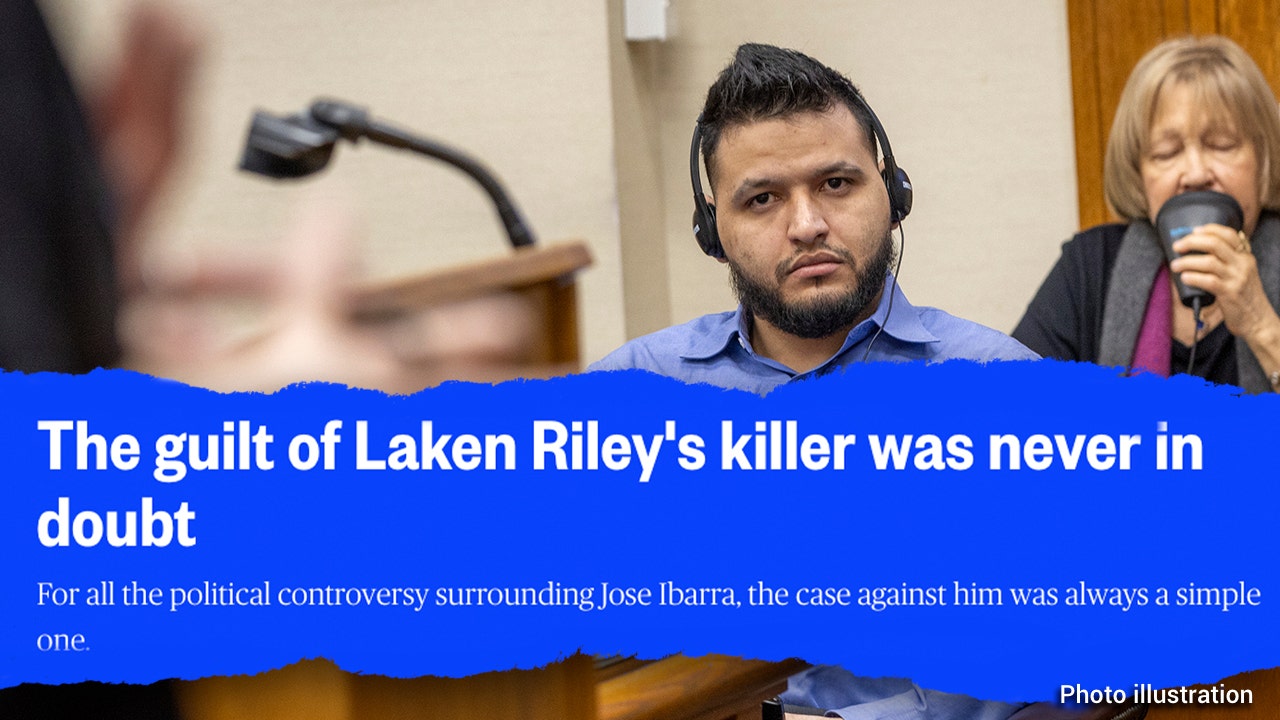













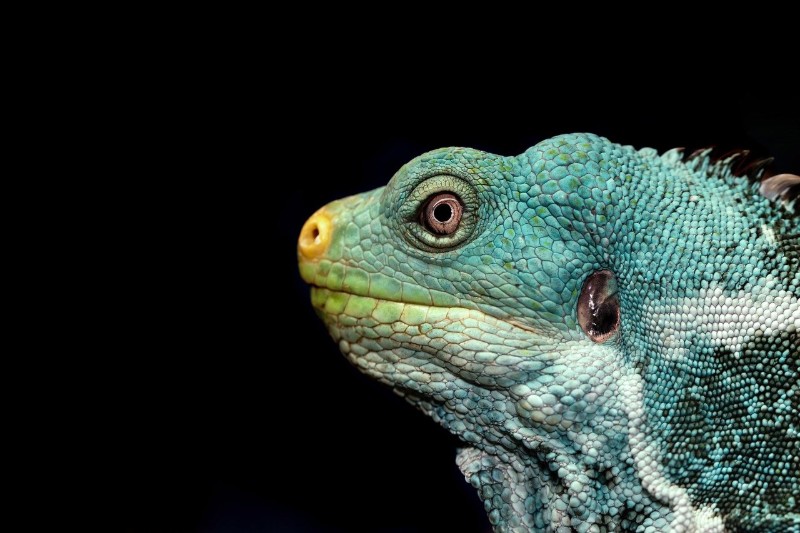






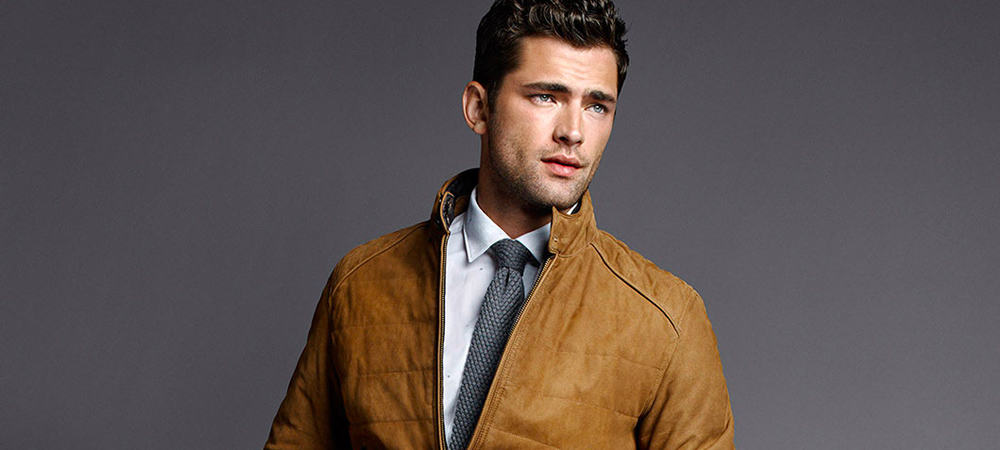








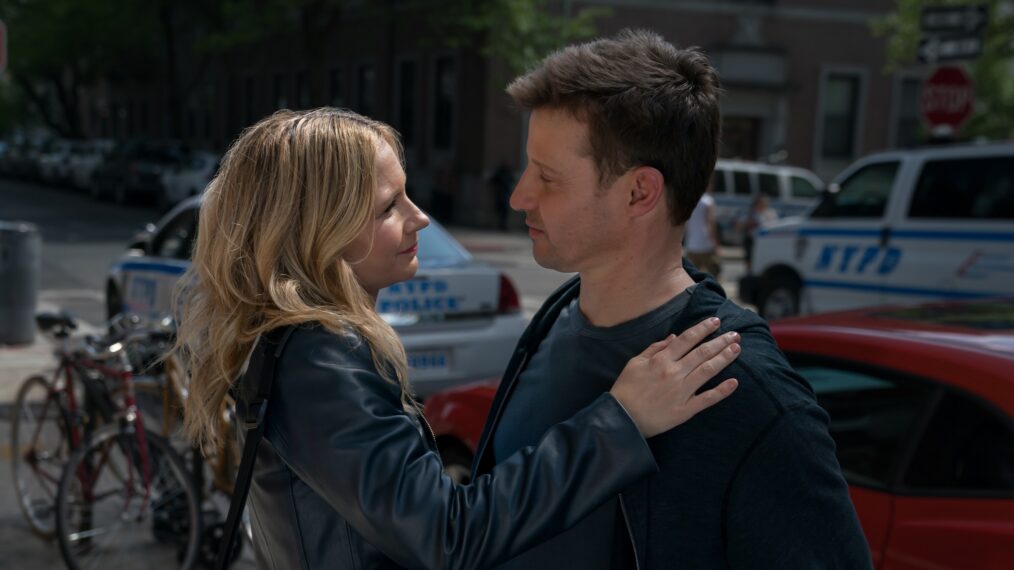





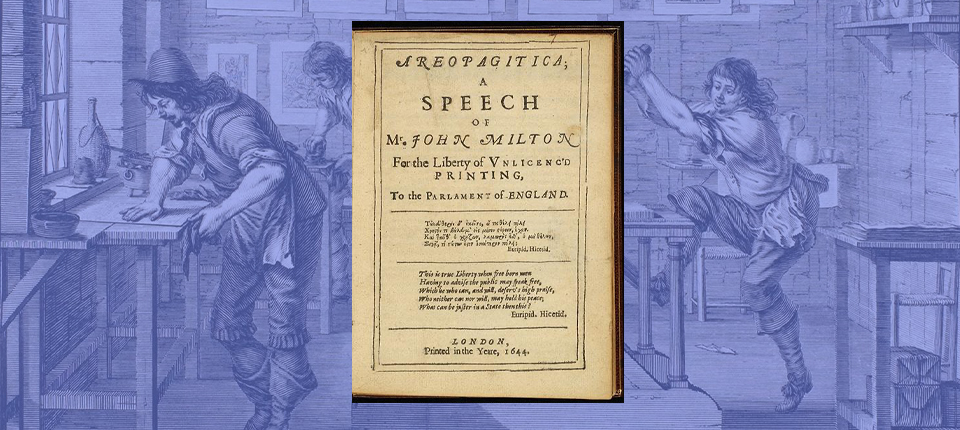


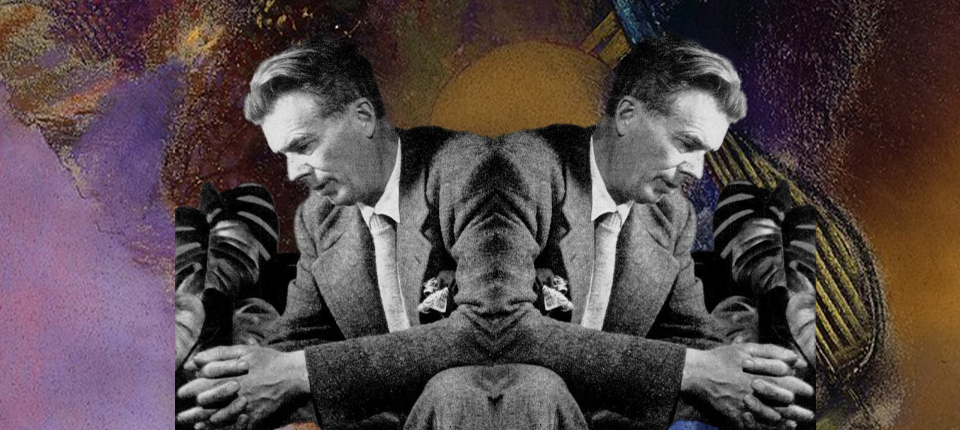







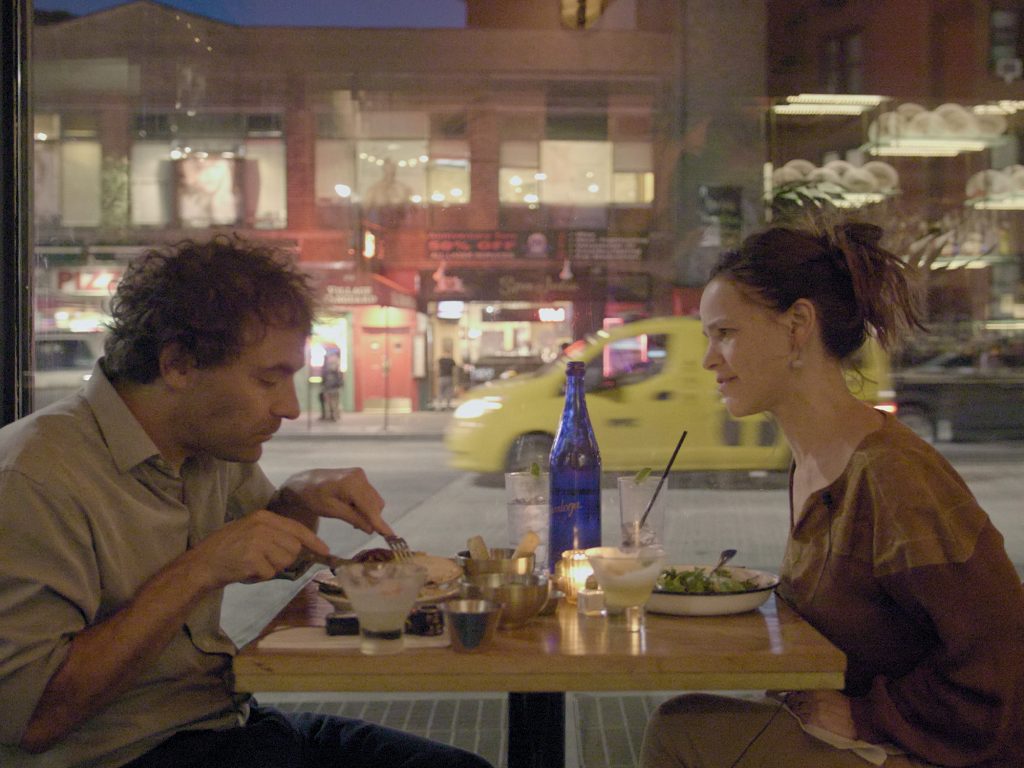




![Is [Spoiler] Dead or Alive After Season 5 Episode 9? – TVLine Is [Spoiler] Dead or Alive After Season 5 Episode 9? – TVLine](https://washingtonweeklytimes.com/wp-content/themes/jnews/assets/img/jeg-empty.png)


